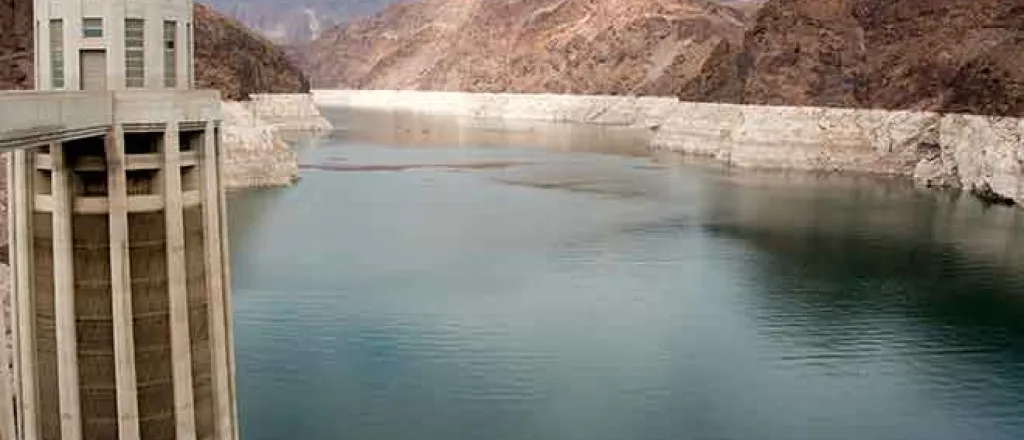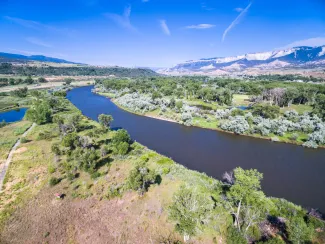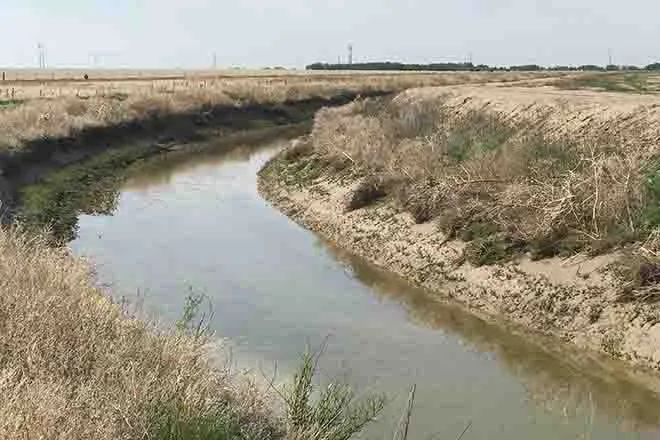
Western states seek federal money for water infrastructure
U.S. Senator Mark Kelly, D-Arizona, is part of a bipartisan bill to unlock federal funding for water infrastructure in the West.
Working alongside U.S. Senator John Curtis, R-Utah, Kelly has introduced the Restoring WIFIA Eligibility Act. It's part of efforts by their states, Washington state and California to get federal dollars.
Established in 2014, the Water Infrastructure Finance and Innovation Act (WIFIA) created a program to provide credit assistance to wastewater, drinking water, and stormwater projects, both public and private. With terms that included low, fixed-interest rates and repayment schedules, WIFIA loans allowed applicants to draw funds when needed.
Still, Kelly’s office said “certain interpretations of the program” created hurdles for any projects with federal involvement. That, said the senator, made them ineligible for WIFIA loans because of language that made them available only to non-federal borrowers.

“Strengthening Arizona’s water infrastructure is key to the growth and prosperity of our state,” said Kelly in a joint press release. “Our bipartisan bill will cut red tape to give more projects access to federal funding, which will help modernize our water infrastructure and address critical water challenges facing communities in Arizona and the West.”
A 2024 report from the University of Arizona said water resources in the state are under stress from various issues such as “climate change, a two-decade megadrought and chronic overuse.”
All of this has reportedly led to surface water losses, drying streams and wetlands, and groundwater depletion as pumping exceeds replenishment. Meanwhile, researchers warned that communities are facing the possibility of shrinking or even vanishing water sources. The water in the Colorado River is also uncertain. Approximately 36 percent of the water Arizona uses comes from the river.
An outline of the bill states that the Restoring WIFIA Eligibility Act will, among other things, ensure that WIFIA assistance is considered non-federal so long as recipients are non-federal entities. Repayment sources must also be non-federal revenues. By unlocking a broader array of infrastructure projects, the senators said communities will benefit from the completion of critical infrastructure projects at an optimal scale.
Companion legislation has been introduced in the House by U.S. Representatives Jim Costa, D-California, and Dan Newhouse, R-Washington.
“Federal irrigation, clean water, and wastewater projects are essential to rural areas, but a lack of resources for maintenance and repairs puts our water infrastructure at risk,” said Newhouse in the joint press release. “This legislation gives our local water managers the tools they need to sustain long-term projects and guarantee clean, safe water that our communities, farmers, and ranchers rely on.”
Costa said the bill will provide water managers in California and the state's San Joaquin Valley, a productive agricultural area, with tools to "expand water shortage and ensure clean drinking water in our communities."















